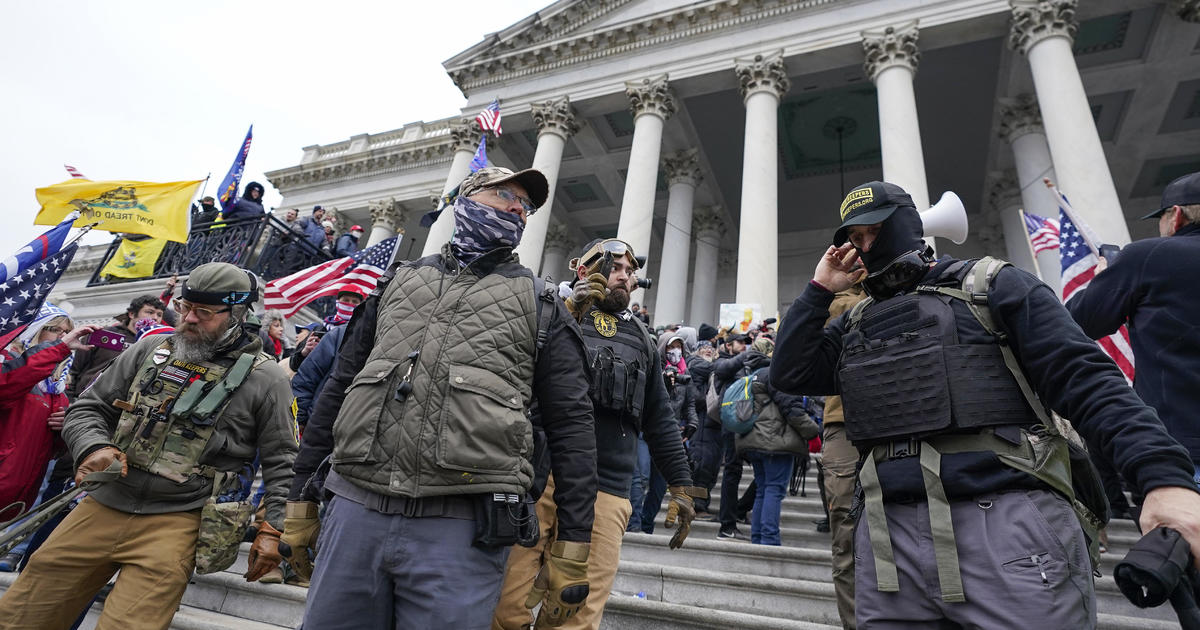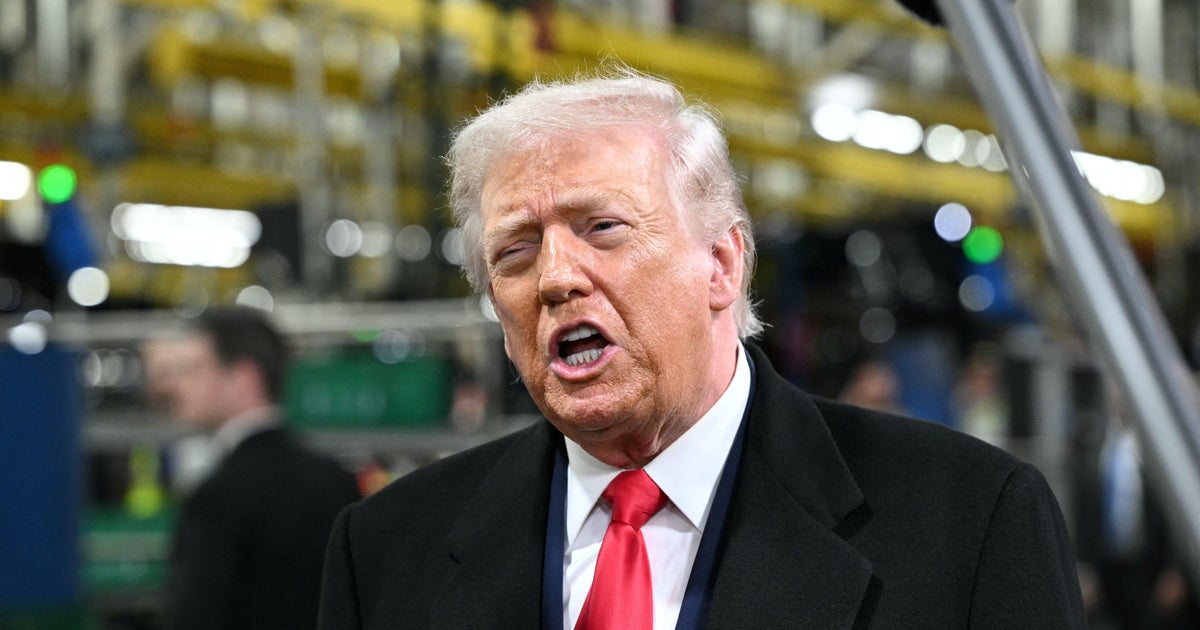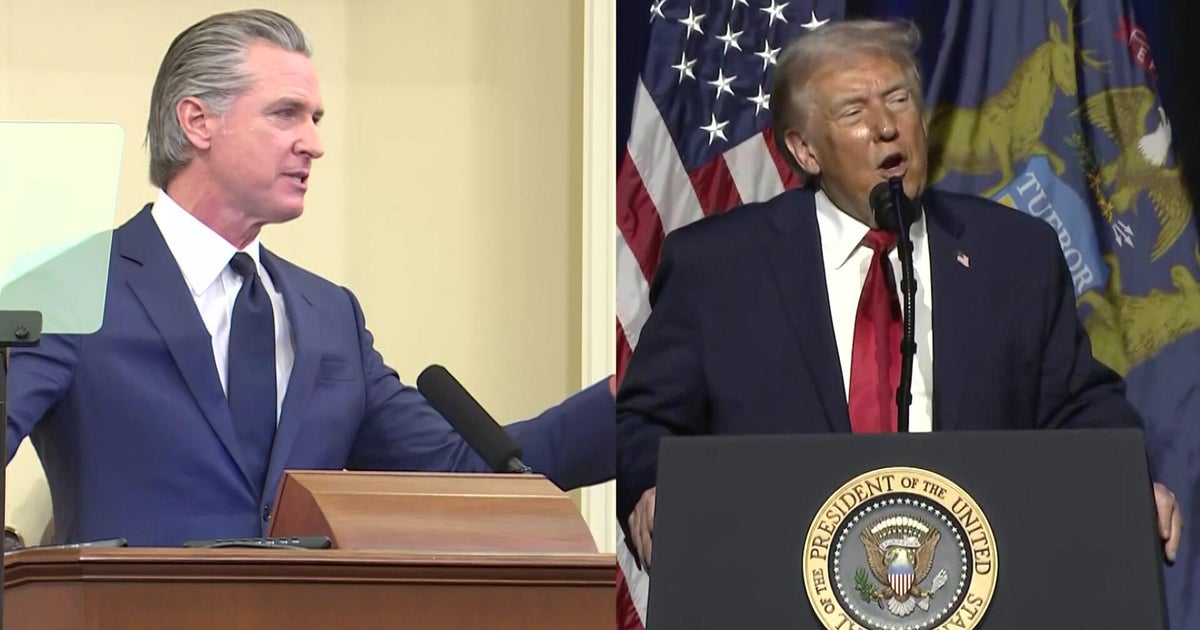Trump administration cuts, delays $300M in aid to Egypt
WASHINGTON -- The Trump administration on Tuesday cut nearly $100 million in military and economic aid to Egypt and delayed almost $200 million more in military financing to Egypt, pending human rights improvements and action to ease harsh restrictions on civic and other non-governmental groups. The moves underscore the administration's delicate diplomacy with Egypt, which has been widely criticized for its rights record and yet is a staunch counterterrorism partner.
Officials said Secretary of State Rex Tillerson had decided to withhold $65.7 million in military assistance and $30 million in economic aid to Egypt that has been on hold since fiscal 2014, the officials said. That money will be reprogrammed, meaning it will now be sent to other countries, they said. The officials spoke on condition of anonymity because Congress had not been formally notified of the decision.
At the same time, the officials said Rex Tillerson had signed a waiver saying that $195 million in military assistance to Egypt is in the U.S. national interest but had decided to hold off on spending it. Under federal law, Tillerson had until the end of this fiscal year, Sept. 30, to either sign the waiver, certify that Egypt is meeting the human rights conditions or return the money to the Treasury. The waiver gives Egypt additional time to meet the requirements for the $195 million, which Congress appropriated for fiscal year 2016.
The officials stressed that the U.S. continues to consider Egypt a key strategic partner but that it remains seriously concerned about a lack of progress on the human rights front, including the passage of the new law on non-governmental organizations that has been widely criticized for being excessive and used to crackdown on opposition. The $195 million will be held in reserve until Egypt makes progress in those areas, the officials said.
Egypt is the second largest recipient of military aid from the United States after Israel, receiving about $1.3 billion annually and the officials noted that the U.S. has provided nearly $80 billion in military and economic assistance to Egypt over the past 30 years. They said the U.S. would continue to support Egypt's efforts to defeat extremists and terrorism as well as the country's economic development.
Tillerson's dual decisions reflect a difficult balancing act that the administration is playing with Egypt. President Trump has signaled his approval of Egyptian President Abdel-Fattah el-Sissi's tough stance against terrorism yet many members of the administration, including Tillerson, and numerous lawmakers harbor serious doubts about his rights record and commitment to democratic reform.
When Mr. Trump met with el-Sissi in the White House in April he made no mention of Egypt's human rights record in the post-meeting statement, an omission that many took as a sign that the issue was not a priority for the administration. Yet, two months later, two senators from Mr. Trump's Republican Party slammed as "draconian" the law that effectively bans the work of non-governmental organizations and urged that it be repealed.
The law has triggered wide international backlash and raised concerns over human rights conditions in Egypt. But Egypt has defended the law, saying it was drafted and passed in accordance with constitutional provisions. The Foreign Ministry said the law "supports and empowers civil society."
El-Sissi is grappling with an insurgency by Islamic militants in the northern part of the Sinai Peninsula, an economy struggling to keep up with demands and employment needs of Egypt's surging population, and a sustained campaign of violence against the country's Christian minority.





